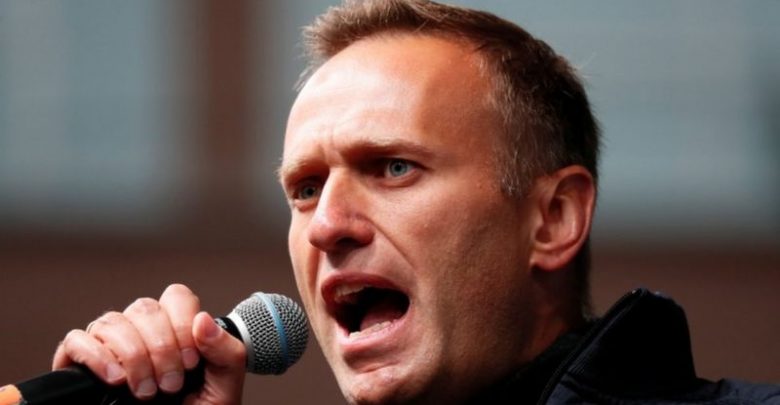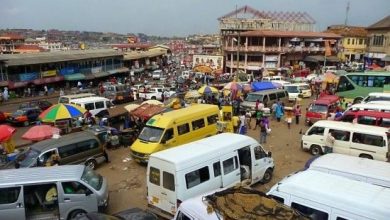InternationalNews
Alexei Navalny: Poisoned Putin critic Navalny jailed in Russia

Russia’s most prominent opposition figure has been jailed for 30 days, after returning to Moscow for the first time since he was poisoned last year.
Alexei Navalny, 44, was arrested soon after his flight from Germany landed in Moscow on Sunday.
Prosecutors say he violated the parole terms of a suspended sentence for embezzlement that he says was politically motivated.
US and European leaders have led calls for his release.
Mr Navalny was almost killed in a nerve agent attack last August that he blamed on the Kremlin. Moscow has denied involvement. The opposition politician’s allegations have however been backed up by reports from investigative journalists.
A court hearing was organised on Monday at a police station on the outskirts of Moscow.
The judge ordered Mr Navalny’s detention until 15 February for violating his parole. He will have another hearing on 29 January to determine whether his suspended sentence of three and a half years should be replaced with a jail term.
Mr Navalny said his treatment was beyond a “mockery of justice” and described the hearing as “lawlessness of the highest grade”.
Russia’s prison service said the Kremlin critic had violated the terms of his suspended sentence for embezzlement, and that he would remain in custody until a court ruling.
A court hearing was organised on Monday at a police station on the outskirts of Moscow. In a video released by his spokeswoman, Mr Navalny described the hearing as “lawlessness of the highest grade”.
What has the reaction been?
The US and European Union led calls for Mr Navalny to be freed, but stopped short of threatening any punitive action.
US Secretary of State Mike Pompeo said Russian authorities were trying to silence their critics, while incoming national security adviser Jake Sullivan said the Kremlin’s “attacks on Mr Navalny are not just a violation of human rights, but an affront to the Russian people who want their voices heard”.
France, Italy, Germany and the president of the European Commission were also among those calling for his release.
UK Foreign Secretary Dominic Raab described Mr Navalny’s arrest as “appalling”.
“Rather than persecuting Mr Navalny, Russia should explain how a chemical weapon came to be used on Russian soil,” he said.
How was he arrested?
When Mr Navalny was poisoned last August, he was flown to Germany for emergency medical treatment. As he recovered, he said he intended to return to Russia. On Sunday, he made good on that pledge, boarding a flight despite warnings he would face arrest on landing.
The plane was packed with journalists, including from the BBC. Shortly before landing, the pilot announced that for “technical reasons”, the plane was being diverted from Vnukovo airport, where thousands of Navalny supporters had gathered, to Sheremetyevo airport, causing a stir among the passengers.

There had always been a feeling Flight DP936 from Berlin to Moscow with Alexei Navalny onboard would not go according to plan.
So when the captain announced that the plane would be diverted to a different airport, Mr Navalny shouted his apology to everyone onboard, many of whom were journalists.
After a ride in a bus from the plane to the airport, he told us he was not afraid and was very happy to return home.
As he approached passport control with his wife Yulia, he said to the border control officer with a smile: “You must have been waiting for me for a long time!” And it was probably true.
A few moments later, he was asked by policemen to accompany them or they would have to use “force”. Mr Navalny wanted his lawyer Olga Mikhailova – who was on the same flight – to go with him. But at that point, she had already crossed the border and was not allowed back airside as Mr Navalny was led away.

The activist was later taken to a police station in Moscow, where he spent the night.
Russia’s prison service said the opposition leader “had been wanted since 29 December 2020 for repeated violations of the probation period” related to his suspended sentence for embezzlement.
Separately, Russian prosecutors have launched a new criminal case against Mr Navalny on fraud charges related to transfers of money to various charities, including his Anti-Corruption Foundation.
Mr Navalny accuses Mr Putin of targeting him with spurious cases.
Source:Fiilafmonline/BBC



